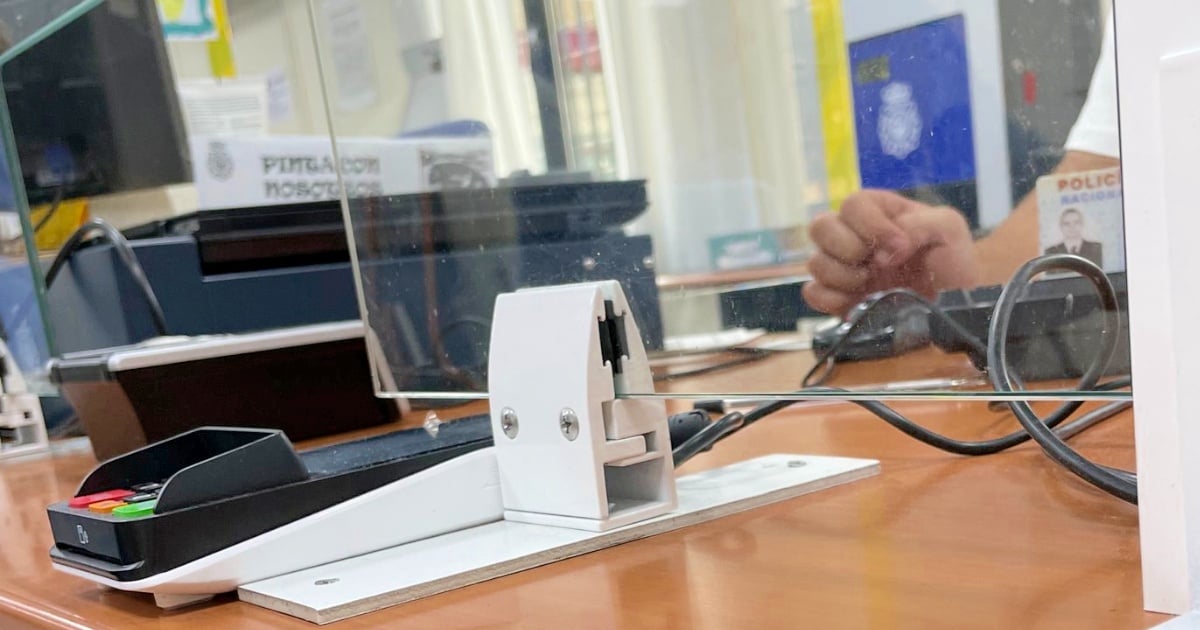The recent approval of a new Immigration Regulation by Spain's Congress of Deputies, as published in the Official State Bulletin (BOE) this Wednesday, aims to significantly improve the conditions for thousands of migrants in Spain, including a substantial number of Cubans seeking to legalize their status. This legislation, set to be effective on May 20, 2025, introduces major changes such as reducing the residency period required for regularization, offering new types of residency pathways, and updating provisions for asylum seekers.
New Residency Pathways and Reduced Residency Requirements
The regulation outlines five residency pathways that allow foreigners to legalize their status:
Social Residency: Now requiring just two years of continuous residence instead of three, applicants must show family ties with legal residents or submit a social integration report.
Socio-labor Residency: In addition to the two-year residency, a job contract is required. The reform lowers the minimum weekly work hours from 30 to 20.
Socio-educational Residency: This requires a two-year residency and a commitment to study in fields in demand in the job market.
Second Chance Residency: A new provision allowing those who lost their residence permits in the past two years to renew their authorization if they meet the criteria.
Family Residency: No residency period is required; this is aimed at individuals whose children were born in the European Union or Spain.
Adjustments for Asylum Seekers
The new regulation introduces specific measures for those who have applied for international protection:
Reduced Waiting Period: If an asylum seeker's application is denied, they can access a residency pathway after just six months, down from the previous two-year wait.
Clarification on Time Calculation: The waiting period as an asylum seeker does not count towards the residency requirements for the various residency pathways.
An analysis by El País suggests this measure addresses the strategic use of asylum applications by economic migrants as a means to regularize their status. So far this year, 140,000 people have sought asylum in Spain, including 1,104 Cubans by August.
Enhancements for Students and Families
Students: They can now receive an initial stay authorization that lasts the duration of their studies, with a clearer path to entering the Spanish labor market upon completion.
Family Reunification: The maximum age for children to benefit from this authorization is extended from 21 to 26 years. Additionally, unregistered partners can apply if they prove a stable relationship.
The Ministry of Inclusion, Social Security, and Migration of Spain estimates that the reform will benefit over 900,000 migrants in the next three years. In 2023 alone, more than 210,000 people have already regularized their status.
